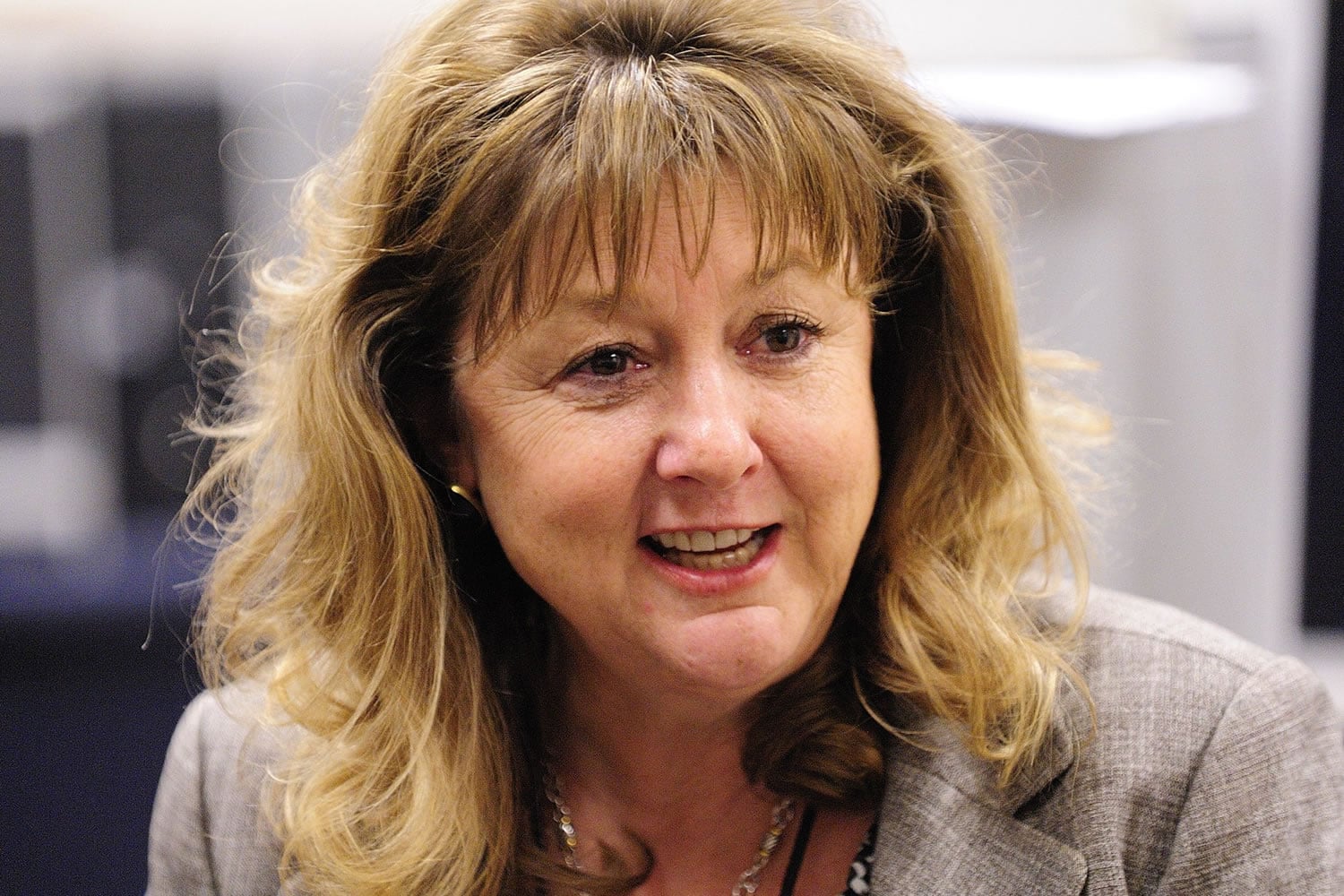Vancouver resident Lori Kimberlin has been out of a job for two years, and she ran out of unemployment benefits in December.
“I’m selling things,” she said of how she’s coping with an economy that, despite all the technical signs that we’re in a recovery, doesn’t feel even remotely healthy.
She’s also renting a room in her house to generate more income.
For more information about WorkSource Vancouver’s job club (also known as Hire U. and the Select Professionals Group), call Teri White, business services consultant for WorkSource, at 360-735-5079. Those who call White should be prepared to discuss their job search skills, their availability and commitment level.
But she’s not adrift. She hasn’t lost hope. And she’s not alone.




